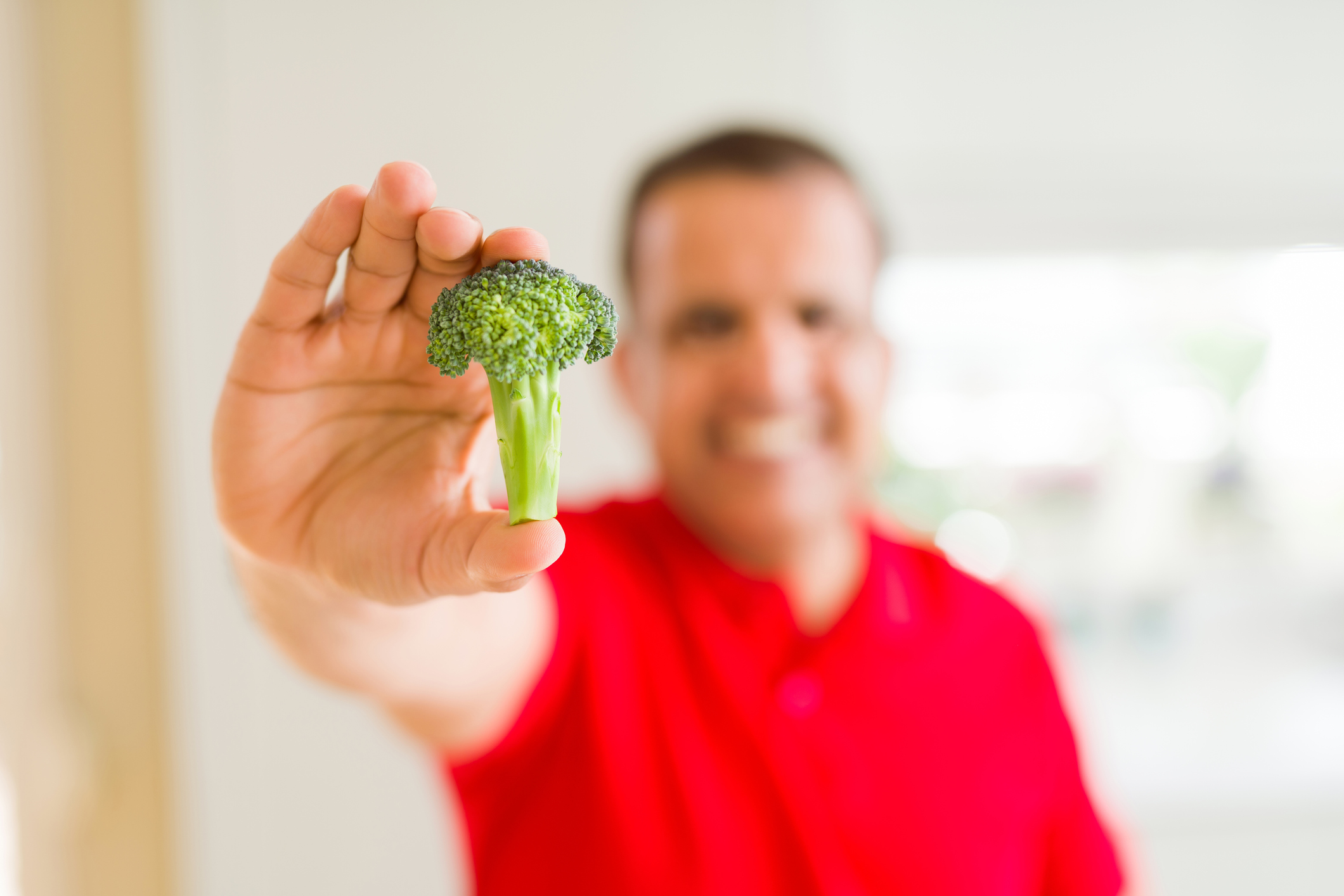Get Easy Health Digest™ in your inbox and don’t miss a thing when you subscribe today. Plus, get the free bonus report, Mother Nature’s Tips, Tricks and Remedies for Cholesterol, Blood Pressure & Blood Sugar as my way of saying welcome to the community!
Cruciferous vegetables shown best at fighting calcium buildup

Most people don’t realize that the leading cause of heart attacks and strokes doesn’t start with the heart itself.
Instead, most heart attacks and strokes are due to disease of the blood vessels, like your aorta.
Over time, you can end up with a buildup of calcium on the inner walls of your vessels. This buildup either blocks the blood that flows to your heart (and you have a heart attack) or can break off and travel to your brain (which causes a stroke).
That’s exactly what happened to my own mother. She had a stroke that stole her sight in one eye at just 47 years old. And two of my great uncles died from heart attacks.
And while there are a number of effective ways to keep your blood vessels healthy — losing weight and getting plenty of regular cardiovascular exercise — they can be challenging and take a high level of dedication and willpower.
Now, however, new research is giving us an easier way to prevent blood vessel disease…
And it all starts with eating more cruciferous vegetables.
The study, published in the British Journal of Nutrition, used the data from 684 older women collected by researchers from Edith Cowan University and The University of Western Australia since 1998.
The results showed that those who ate more cruciferous vegetables — like broccoli, Brussels sprouts, cauliflower and cabbage — had a lower chance of having an extensive buildup of calcium in their aorta, a key marker for structural blood vessel disease.
In fact, the researchers found that women in this study who consumed more than 45g of cruciferous vegetables every day (which works out to about ¼ cup of steamed broccoli or ½ cup of raw cabbage) were 46 percent less likely to have an extensive buildup of calcium in their aorta compared to those consuming little to no cruciferous vegetables every day.
The power in vitamin K
These results even shed light on nagging questions left by past research that found that eating cruciferous veggies had the power to lower the risk of heart attack and stroke, but didn’t find the “why” behind it.
“One particular constituent found abundantly in cruciferous vegetables is vitamin K which may be involved in inhibiting the calcification process that occurs in our blood vessels,” says lead researcher, Dr. Lauren Blekkenhorst.
Eat an extra serving of greens every day
This means that if you want to promote healthy blood vessels to lessen risks from a future heart attack or stroke, it’s time to up your vitamin K!
As the researchers point out, “That’s not to say the only vegetables we should be eating are broccoli, cabbage and Brussels sprouts. We should be eating a wide variety of vegetables every day for overall good health and well-being.”
However, according to the CDC, only 1 in 10 American adults meets the daily recommended servings of fruits and vegetables. So get busy!
Editor’s note: Did you know that when you take your body from acid to alkaline you can boost your energy, lose weight, soothe digestion, avoid illness and achieve wellness? Click here to discover The Alkaline Secret to Ultimate Vitality and revive your life today!
Sources:
Broccoli and Brussels sprouts a cut above for blood vessel health — EurekAlert!












